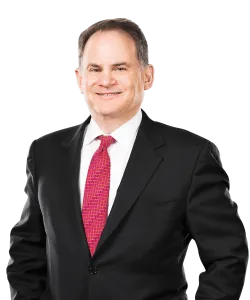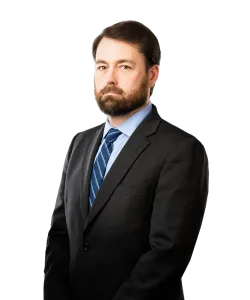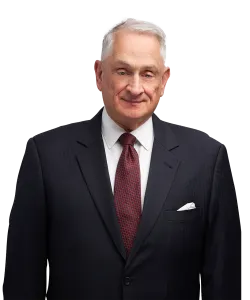COVID-19 and WC Claims: The Facts Are Key, But Employees Face A Significant Evidentiary Burden
Employers and workers’ compensation insurers face a potentially huge number of claims for coverage by employees sickened with the coronavirus. State workers’ compensation statutes, however, will erect significant evidentiary hurdles which those claimants must overcome.
Case law involving prior infectious diseases shows how difficult it is for sick employees to prove that their illness was a covered “occupational disease,” as distinct from one of the non-covered “ordinary diseases of life.”
State workers’ compensation laws distinguish between those two categories of diseases. For example, the New York Workers’ Compensation Law defines “occupational disease” as “a disease resulting from the nature of employment and contracted therein.” The statute treats an occupational disease, as so defined, as eligible for coverage of lost wages and medical expenses, but provides no workers compensation coverage for an illness that is outside of that definition. Although, as noted below, New York law mandates separate disability benefits insurance for covered employees who become disabled from illness and accidents outside of work.
Other state workers’ compensation laws expressly preclude coverage for an “ordinary disease of life” to which anyone is susceptible, and as to which there is not necessarily a causal connection between the worker’s employment and the disease. For instance, in South Carolina, “ordinary diseases of life” are expressly excluded from the definition of an “occupational disease.” Therefore, to be covered under South Carolina’s Workers’ Compensation Act, sick employees must prove that their current illness results directly from conditions of their employment, and such exposure is in excess of those found in the general public. The South Carolina law, which is typical, states as follows:
No disease shall be deemed an occupational disease… when it is a contagious disease resulting from exposure to fellow employees from a hazard to which the workman would have been equally exposed outside his employment, {or} is one of the ordinary diseases of life to which the general public is equally exposed, unless such disease follows as a complication a natural incident of an occupational disease or unless there is continuous exposure peculiar to the occupation itself which makes such disease a hazard inherent in such occupation.
S.C. Code § 42-11-10(B).
There have been exceptions just announced in both Kentucky and Washington State to provide workers’ compensation coverage for medical providers and first responders ordered into quarantine for exposure to the coronavirus. We will monitor similar announcements in other states.
Cases involving employees sickened from infectious diseases, such as hepatitis-B, who unsuccessfully sought workers’ compensation benefits, are likely to provide helpful support for employers and insurance companies faced with coronavirus claims. In these cases, the courts ruled that the claimants had not met their burden of proving that the illness was an “occupational disease” to which the claimant’s work caused a peculiar and heightened risk of exposure, as distinct from an “ordinary disease of life” to which members of the public are exposed generally. See, e.g., Poole v. Tammy Lynn Center, 566 S.E.2d 839 (N.C. Ct. App. 2002) (hepatitis); Easly v. D&O Contractors, 895 So.2d 23 (La. Cir. Ct. 2005) (West Nile virus); Taylor v. City of Titusville, 288 So.3d 731 (Fla. Dist. Ct. 2019) (fungal meningitis); Board of Trustees of the Fire and Police Employees Retirement System of the City of Baltimore v. Powell, 554 A.2d 440 (Md. Ct. Sp. App. 1989) (hepatitis-B); Ins. Co. of N. Am., v. Bigos, 396 So.2d 848 (Fla. Dist. Ct. of App. 1981) (where teacher suffered from hepatitis, she was required to show “some clear evidence rather than speculation or conjecture establishing causal connection between claimant’s injury and her employment.”).
By contrast, medical personnel seeking workers’ compensation have had a much easier time proving the necessary causal connection between their duties of employment and the infectious disease. See, e.g., Cheril Young’s Case, 833 N.E.2d 646 (Mass. App. 2005); see also Sprague v. City of Lafayette, 635 So.2d 603(La. Ct. App. 1994) (waste treatment plant worker proved causal connection between work and contracting hepatitis-B).
In New York, and any other state with a specific disability benefits law such as Article 9 of the New York Workers’ Compensation Law, employees unable to work because they have become ill from COVID-19 will be able to collect disability benefits in such amounts, for such duration, and under such conditions, as are specified in the law. States have legislated provisions requiring non-duplication of benefits so that, for example, an employee in New York cannot collect disability benefits and workers’ compensation benefits for the same illness, or unemployment insurance for the same period. See, e.g., N.Y. Workers’ Compensation Law § 206.
Contacts
- Related Practices



